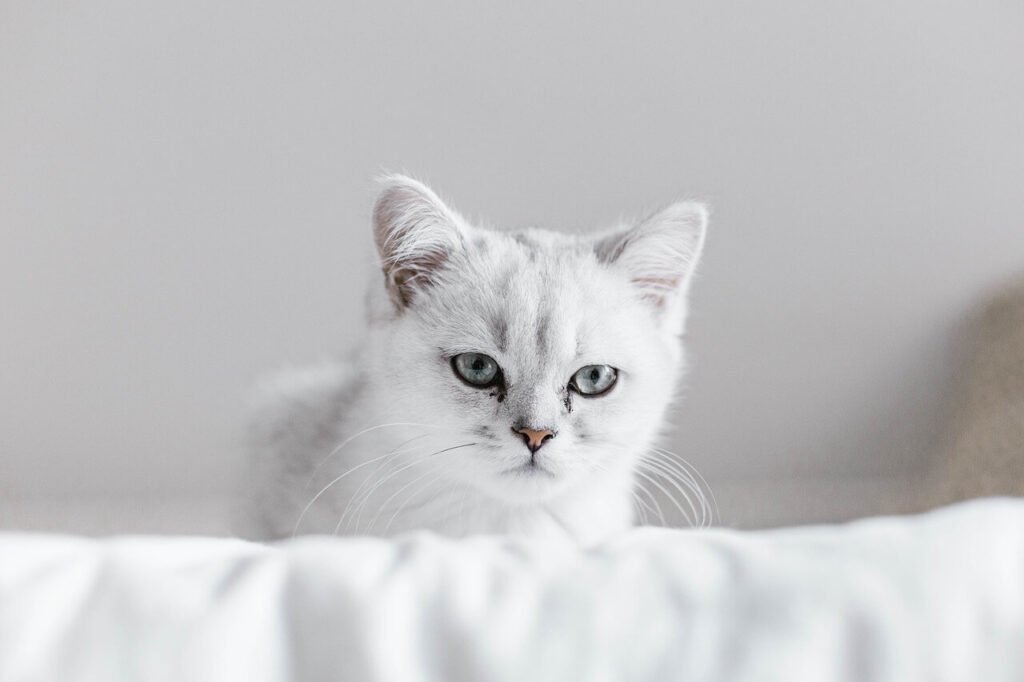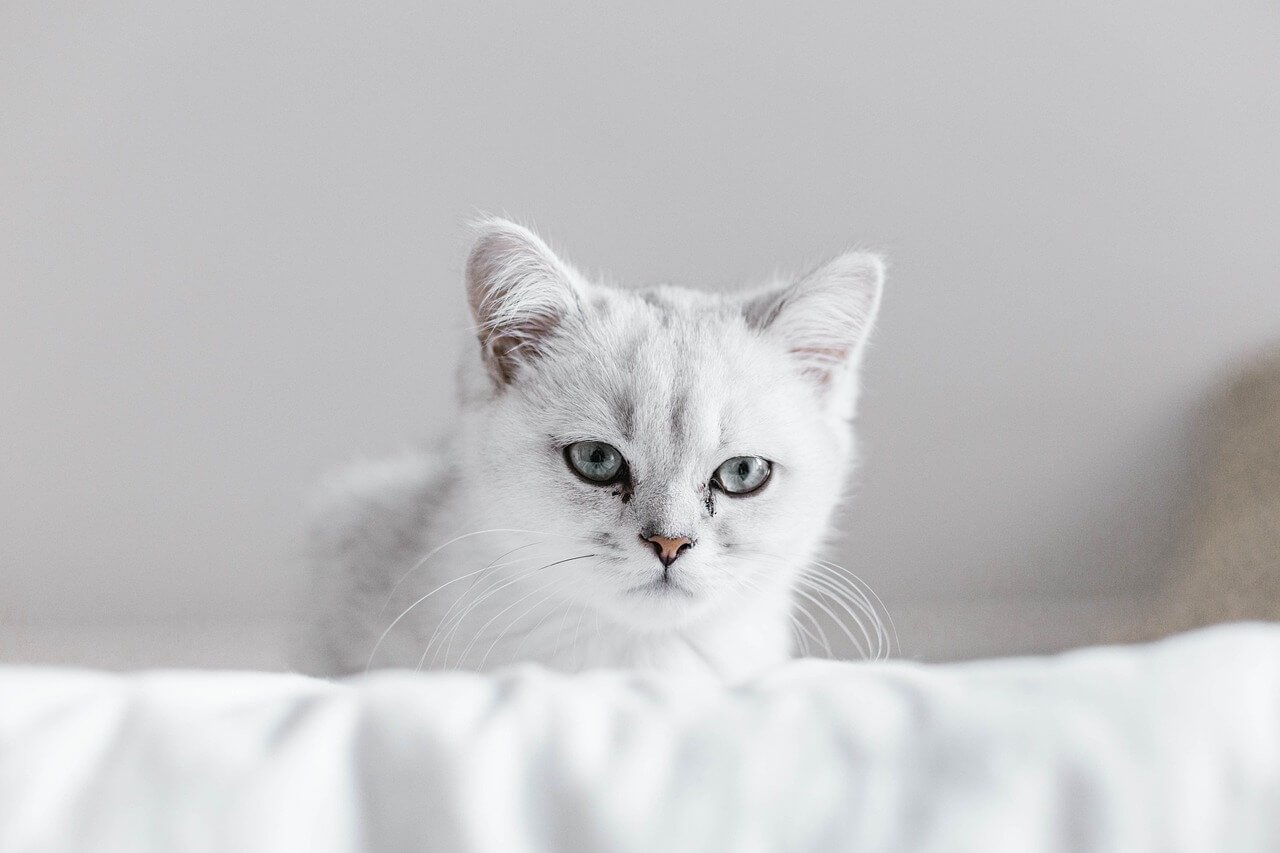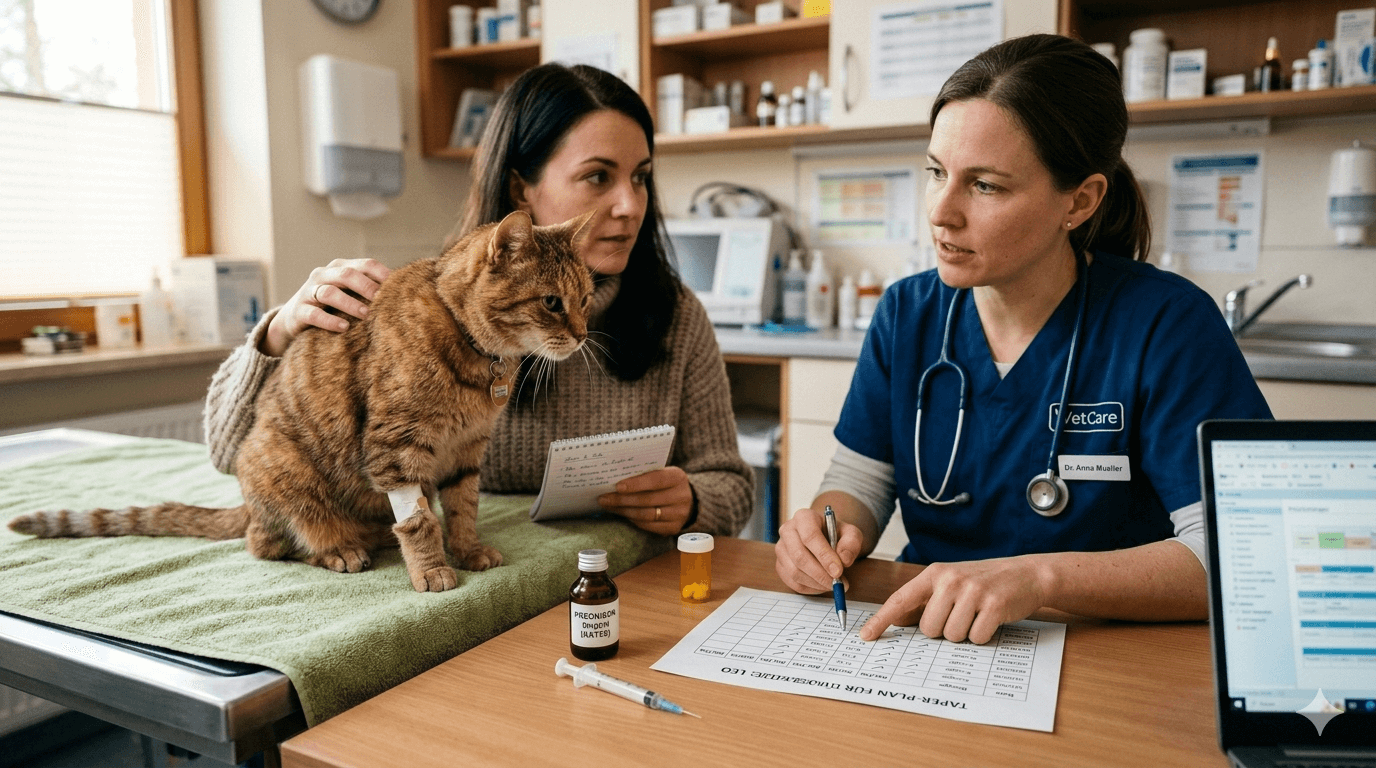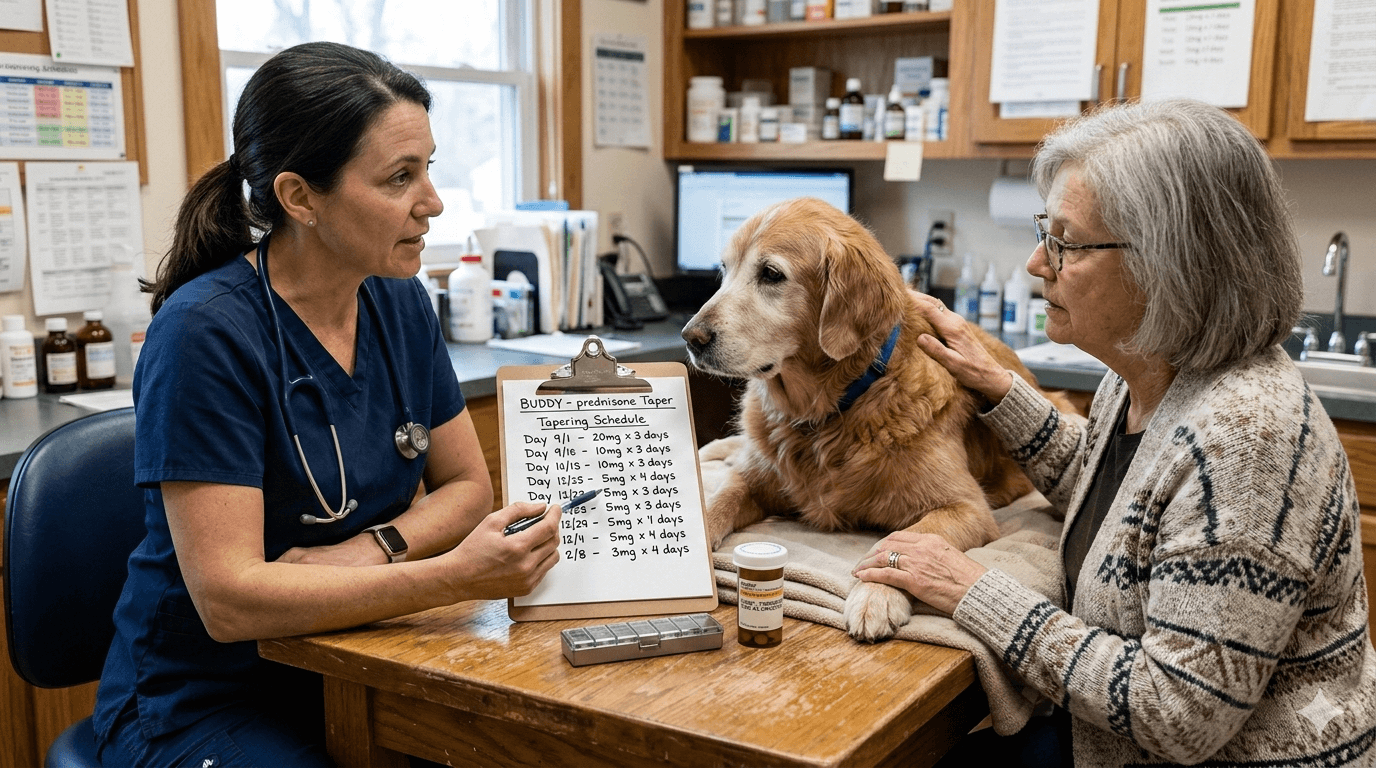Understanding the Unpleasant Cat Anal Gland Smell: Causes and Solutions
If you’ve ever caught a whiff of an unusual, unpleasant odor emanating from your feline friend, it might be linked to their anal glands. While cats are generally meticulous groomers and maintain excellent hygiene, issues with their anal glands can sometimes lead to a strong, fishy smell that is hard to ignore. These small sacs, located on either side of your cat’s anus, produce a pungent secretion that serves as a territorial marker in the wild. However, when these glands become impacted, infected, or overactive, the smell can become overwhelming for pet owners. In this blog post, we’ll explore the causes behind this issue, signs to look out for, and practical steps you can take to address it.
Recognizing the Warning Signs of Anal Gland Problems
Cats are masters at hiding discomfort, but there are telltale signs that something may be wrong with their anal glands. If you notice any of the following behaviors or symptoms, it’s time to pay closer attention:
Scooting: Your cat may drag their bottom across the floor in an attempt to relieve irritation.
Excessive Licking: Persistent licking around the rear end could indicate discomfort or pain in the anal gland area.
Foul Odor: A sudden, strong, fishy smell may signal that the anal glands are secreting more than usual.
Swelling or Redness: Check for visible swelling or redness near the anus, which could indicate infection or impaction.
Difficulty Defecating: Straining or crying during bowel movements might suggest blockage or discomfort caused by the anal glands.
If you observe any combination of these signs, it’s important to consult your veterinarian promptly. Early intervention can prevent complications and ensure your cat stays comfortable.
What Triggers Anal Gland Problems in Cats?
Several factors can contribute to anal gland issues in cats. Understanding these causes can help you take preventive measures and address potential problems early on:
Poor Diet: A lack of fiber in your cat’s diet can lead to softer stools, which may not provide enough pressure to naturally empty the anal glands.
Obesity: Excess weight can put pressure on the anal glands, making it harder for them to function properly.
Allergies: Skin allergies or food sensitivities can cause inflammation around the anal area, affecting gland health.
Infections: Bacterial infections can lead to abscesses or excessive discharge from the anal glands.
Age-Related Changes: Older cats may experience reduced muscle tone, impacting their ability to express their anal glands naturally.
By identifying and addressing these underlying causes, you can reduce the likelihood of recurring anal gland issues and keep your cat healthy and happy.
Check this guide 👉Managing a Cats Anal Gland Abscess Rupture at Home: Best 7 Tips
Check this guide 👉Top 5 Best Cat Butt Wipes for Ultimate Feline Hygiene!

Preventive Measures | Treatment Options |
|---|---|
Feed a high-fiber diet | Manual expression by a vet |
Maintain a healthy weight | Antibiotics for infections |
Regular grooming and hygiene | Warm compresses for swelling |
Monitor for allergies | Dietary adjustments |
Schedule routine vet check-ups | Surgery for chronic cases |
Easy Home Remedies to Tackle the Cat Anal Gland Smell
While professional veterinary care is essential for serious cases, there are some home remedies you can try to manage mild anal gland odor:
Dietary Adjustments: Add pumpkin puree or fiber supplements to your cat’s meals to promote firmer stools.
Probiotics: Introduce probiotics into your cat’s diet to support gut health and improve digestion.
Regular Cleaning: Use a damp cloth to gently clean the area around your cat’s anus if there’s residue or odor.
Weight Management: Encourage exercise and portion control to prevent obesity-related gland issues.
Stress Reduction: Minimize stressors in your cat’s environment, as anxiety can exacerbate gland problems.
These simple steps can make a big difference in managing anal gland odor while keeping your cat comfortable and healthy.
Knowing When It’s Time to Visit the Vet
While minor anal gland issues can often be managed at home, certain situations require immediate veterinary attention. Here are scenarios where professional help is crucial:
Persistent Foul Odor: If the smell doesn’t go away despite cleaning and dietary changes, it’s time to see a vet.
Visible Abscesses: Swollen, pus-filled bumps near the anus need prompt treatment to avoid infection spreading.
Behavioral Changes: Sudden aggression, lethargy, or loss of appetite could indicate severe discomfort.
Bleeding or Discharge: Any sign of blood or unusual discharge warrants an urgent vet visit.
Chronic Recurrence: Frequent anal gland issues may require long-term solutions like surgery.
Early diagnosis and treatment can prevent complications and ensure your cat gets the care they need.
Simple Steps to Prevent Anal Gland Problems in Cats
Prevention is always better than cure when it comes to your cat’s health. By incorporating a few simple habits into your routine, you can reduce the likelihood of anal gland issues and keep your cat comfortable. Here are some preventive measures you can take:
Regular Vet Check-Ups: Schedule annual or biannual visits to ensure your cat’s overall health is monitored.
Maintain Proper Hydration: Encourage water intake to support healthy digestion and stool consistency.
Monitor Stool Quality: Keep an eye on your cat’s bowel movements to ensure they’re firm and regular.
Avoid Overfeeding: Portion control helps prevent obesity, which can strain the anal glands.
Grooming Routine: Regular grooming reduces the risk of infections caused by dirt or bacteria around the anal area.
By staying proactive with these steps, you can minimize the chances of your cat developing anal gland problems and enjoy a fresher-smelling home.
How to Know if Your Cat’s Anal Gland Issue Is Improving
After treatment, whether at home or through veterinary care, it’s important to monitor your cat for signs of improvement. These indicators will help you determine if the issue is resolving or if further action is needed:
Reduction in Odor: The fishy smell becomes less noticeable over time.
Normal Behavior Returns: Your cat resumes their usual activities without scooting or excessive licking.
Improved Appetite: A return to normal eating habits shows they’re feeling better.
Firmer Stools: Consistent, healthy bowel movements indicate proper gland expression.
Decreased Swelling: Any redness or swelling around the anal area begins to subside.
If you notice these positive changes, it’s a good sign that your efforts are working. However, consult your vet if symptoms persist or worsen.
Debunking Myths Surrounding Cat Anal Gland Smell
There are many misconceptions about anal gland problems in cats, which can lead to confusion and misinformation. Let’s clear up some common myths so you can better understand this issue:
Myth: Only Dogs Have Anal Gland Problems: While more common in dogs, cats can also experience anal gland issues.
Myth: It’s Always a Sign of Poor Hygiene: Even the cleanest cats can develop anal gland problems due to medical or dietary factors.
Myth: You Should Express the Glands Regularly: Unnecessary expression can irritate the glands and cause more harm than good.
Myth: Diet Doesn’t Matter: A balanced diet plays a crucial role in maintaining healthy anal gland function.
Myth: Surgery Is Always Required: Most cases can be resolved with simpler treatments like dietary adjustments or antibiotics.
Understanding the truth behind these myths ensures you make informed decisions about your cat’s health and avoid unnecessary worry.
Frequently Asked Questions About Cat Anal Gland Smell
Why does my cat smell like fish?
The fishy smell is likely due to secretions from your cat’s anal glands, which can occur when the glands are irritated or overactive.
Can I express my cat’s anal glands at home?
It’s best to leave this task to professionals, as improper technique can cause injury or infection.
How often should I check my cat’s anal glands?
Regularly monitor your cat’s behavior and cleanliness, but only inspect the glands if you notice symptoms like scooting or foul odors.
Will changing my cat’s diet help?
Yes, a high-fiber diet can promote healthier stools, aiding in natural gland expression.
Is surgery necessary for anal gland issues?
Surgery is typically reserved for chronic or severe cases that don’t respond to other treatments.
Taking Action Against Cat Anal Gland Smell
Dealing with cat anal gland smell isn’t pleasant, but understanding its causes and solutions empowers you to act quickly and effectively. Whether through dietary changes, regular vet visits, or professional treatments, addressing this issue ensures your feline companion remains happy, healthy, and odor-free. Remember, your cat relies on you to provide the care they need—so stay vigilant, and don’t hesitate to seek expert advice when necessary. With proper attention and love, you can keep your home smelling fresh and your bond with your furry friend stronger than ever.
How to Taper Off Prednisone for Cats: Best 7 Expert Tips! – Safely reduce prednisone with vet guidance. Learn now!
How to Taper Off Prednisone Schedule for Dogs: Best 7 Tips! – Learn the safe way to reduce prednisone, recognize withdrawal signs, and keep your dog healthy during the process.
Can a Cat Scratch Give You Rabies? Best 7 Expert Tips! – Learn how rabies spreads, assess risks from cat scratches, and know when to seek medical help. Stay safe!
Can a Dog Scratch Give You Rabies? Best 7 Expert Tips! – Learn the risks, symptoms, and steps to take if scratched by a dog. Stay informed and protect yourself from rabies exposure.





